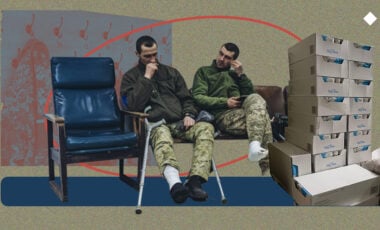Ukraine and Poland collaborate on joint international study of Antarctic seabed
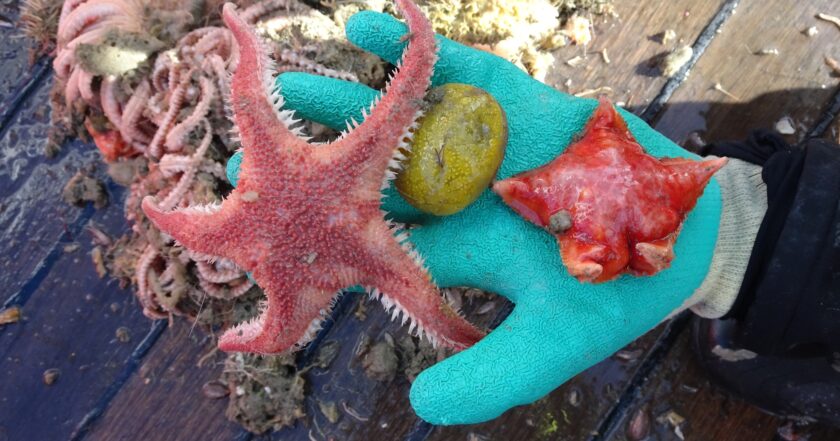
Photo: Facebook / National Antarctic Science Center
A group of international researchers has started a new study on life in the Antarctic seabed on the research vessel Noosphere, marking the beginning of a new era of scientific collaboration between Ukraine and Poland.
The National Antarctic Science Center reports this on Facebook.
As part of the cooperation between Polish and Ukrainian scientists, samples of marine fauna were collected from the bottom of the Southern Ocean for the first time.
A special bottom trawl was used for the work. The research occurred in the Penola Strait (Akademik Vernadsky station area) at three different depths.
At each depth, distinct marine organisms were discovered. At 250 m, sponges, large starfish, and holothurians (commonly known as sea cucumbers due to their similar shape) were the most prevalent.

Photo: Facebook / National Antarctic Science Center
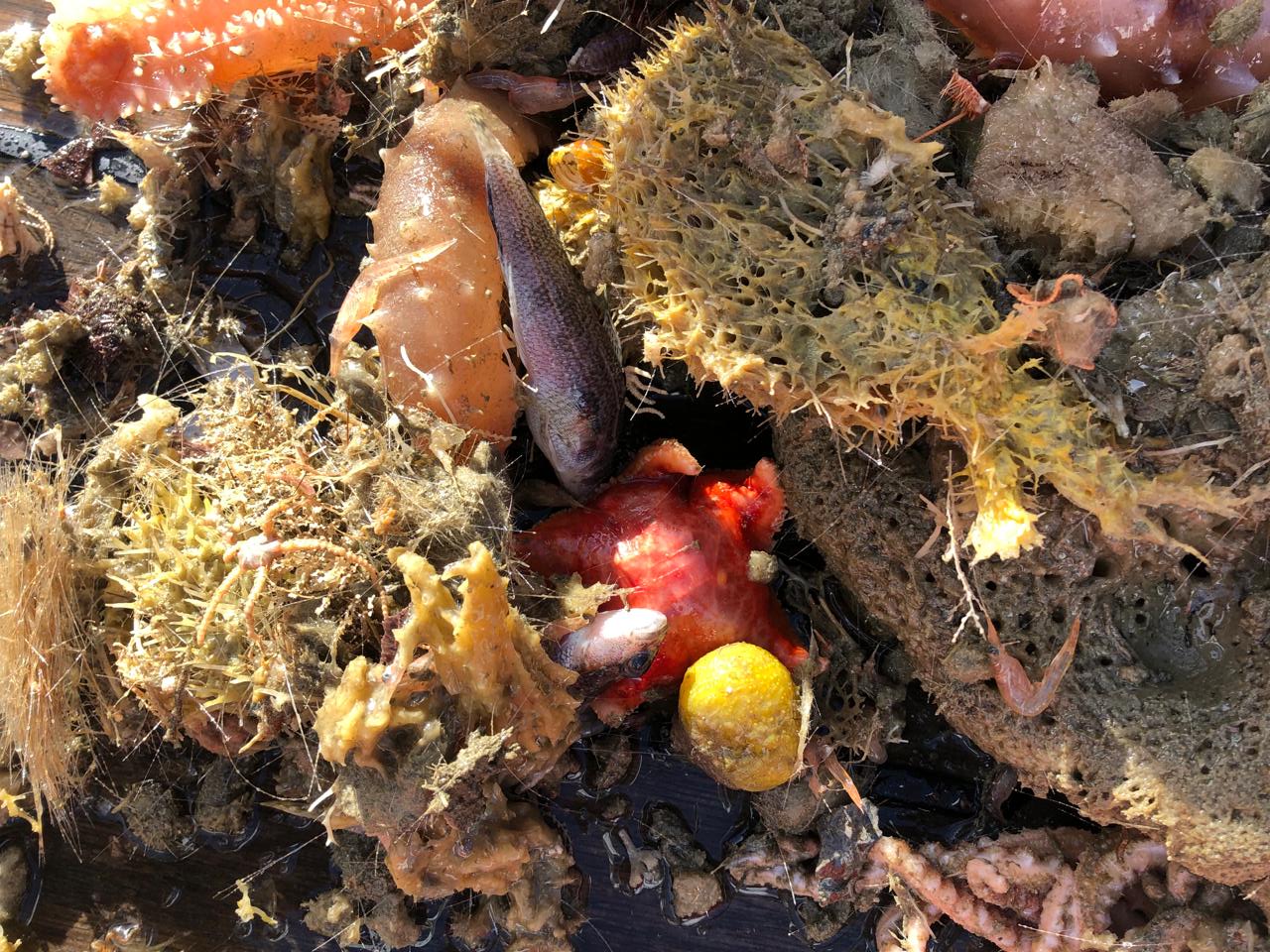
Photo: Facebook / National Antarctic Science Center
Starfish, snails, giant polychaete worms, and ophiuroides (commonly known as "snake tails" due to their unique way of moving – their rays twist like snakes as they crawl) were commonly found at a depth of 200 m.
At a depth of 120 m, various species of echinoderms and colonies of sedentary moss species were collected.
Samples are stored on the ship in special freezers.
Once the organisms are delivered to the laboratory on "the big land," scientists will extract and analyze the genetic code of the chosen organisms to determine the metal content within their mineral skeletons.
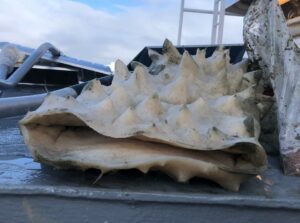
Photo: Facebook / National Antarctic Science Center
One of the most modern methods of studying marine ecosystems is the analysis of DNA from the environment. With this method, tens and hundreds of species of living organisms can be determined in one water sample using specific molecular markers.
This enables people to save time and money while significantly reducing environmental harm, in contrast to traditional research techniques that require the mandatory capture of living organisms.
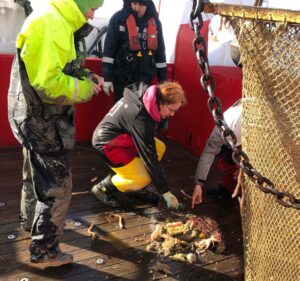
Photo: Facebook / National Antarctic Science Center
However, for this approach to be effective, compiling a database of DNA marker sequences from local species (known as barcodes) is crucial. In future studies, this database will serve as a tool similar to fingerprint databases used by forensic scientists. The initial goal of the Noosphere icebreaker expedition was to create a barcode database for the fauna of Antarctica.

Photo: Facebook / National Antarctic Science Center

Photo: Facebook / National Antarctic Science Center
Scientists have noted that climate change leads to an increase in the temperature of seawater and its oxidation (decrease in pH). In more acidic and warmer water, the physiology of animals changes; in particular, they begin to absorb metals from the water much more intensively and deposit them in skeletal elements – bones, shells, shells, etc.
The skeleton contaminated with metal becomes weaker. Additionally, water oxidation harms the shells of animals made from calcium carbonate due to its dissolution in acidic surroundings. As a result of the combined effects of metal buildup and water oxidation, the structural support of marine organisms' skeletons is fragile and easily damaged.
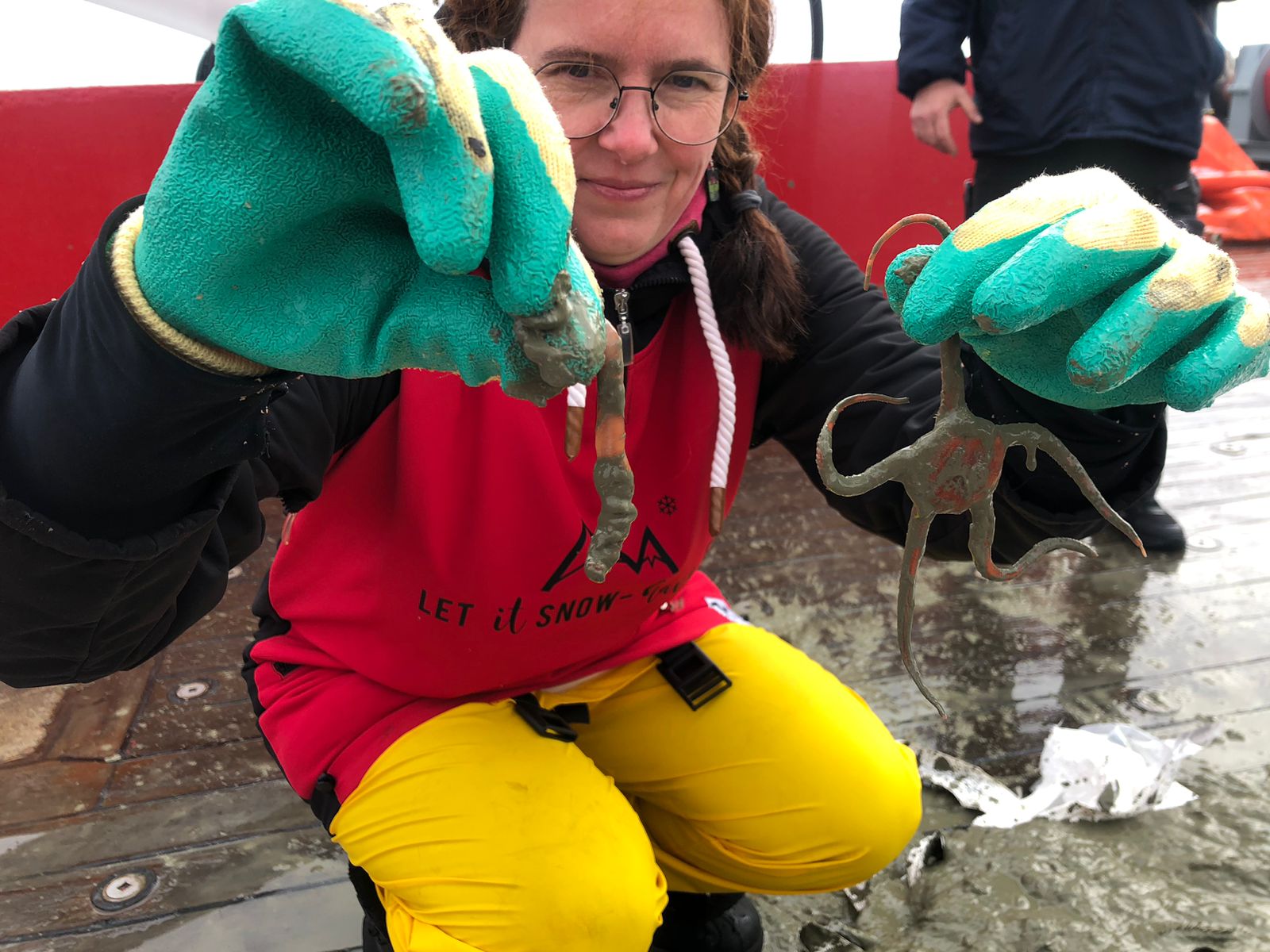
Photo: Facebook / National Antarctic Science Center
Therefore, thanks to these studies, scientists will be able to assess the sensitivity/resistance of aquatic invertebrates to changes in the Southern Ocean's chemical composition and identify groups primarily threatened by climate change's consequences in the Antarctic.
On the Polish side, the Polish Academy of Sciences employees and the University of Gdańsk participate in the research.
The current joint selection of benthic marine fauna samples marks the beginning of a new direction of scientific cooperation between Ukraine and Poland. It is expected to be developed into a long-term joint project financed by the National Science Center of the Republic of Poland.
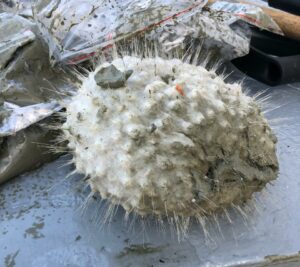
Photo: Facebook / National Antarctic Science Center
For reference:
It is worth mentioning that the 29th Ukrainian Antarctic Expedition embarked on another journey to the Antarctic, specifically to the Akademik Vernadskyi station. For the first time in 27 years, women make up a third of the participants.
It was also reported that Ukraine in the Antarctic will continue to conduct research and ensure the uninterrupted operation of the Akademik Vernadskyi station and the Noosphere icebreaker. The Cabinet of Ministers [Ukraine's government – ed] adopted the relevant resolution.
In addition, Rubryka reported that the Ukrainian Antarctic Journal was officially included in the international bibliographic and reference database Scopus.


























